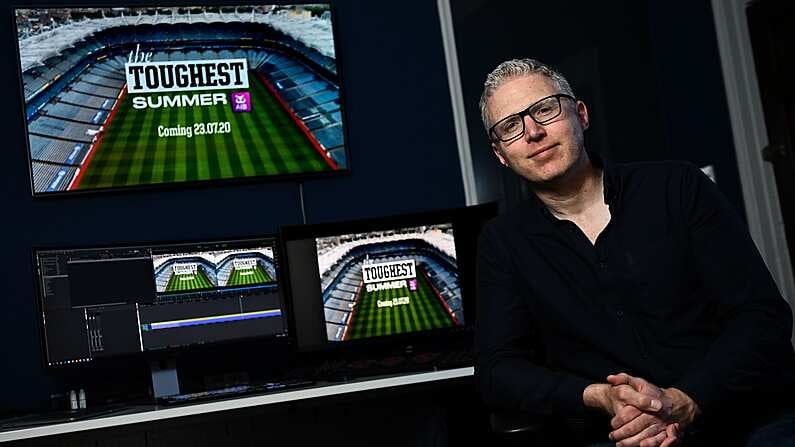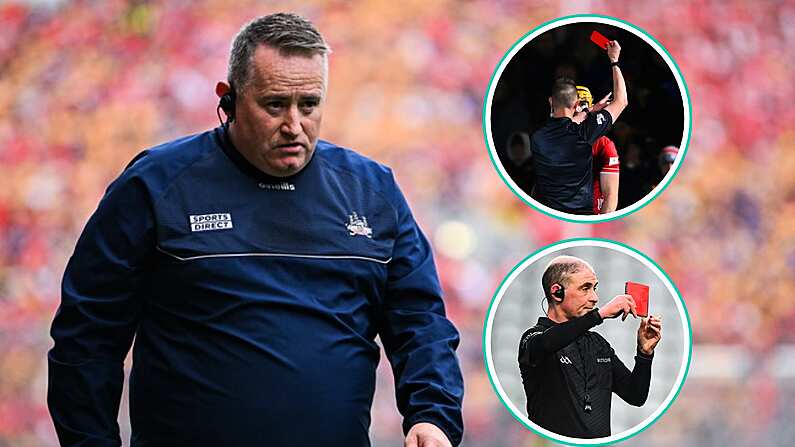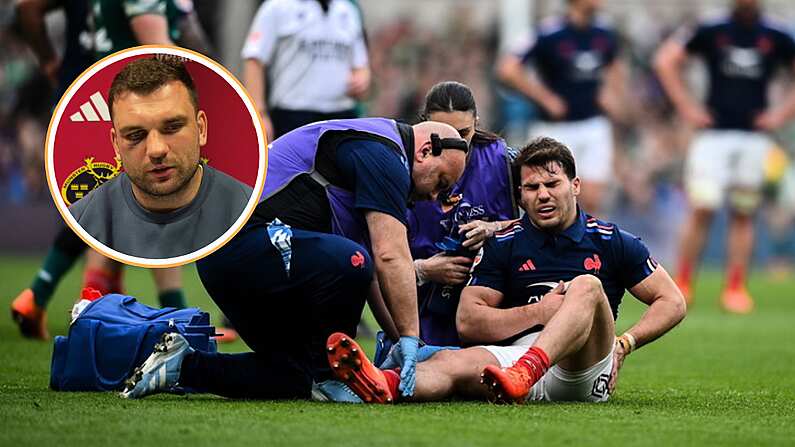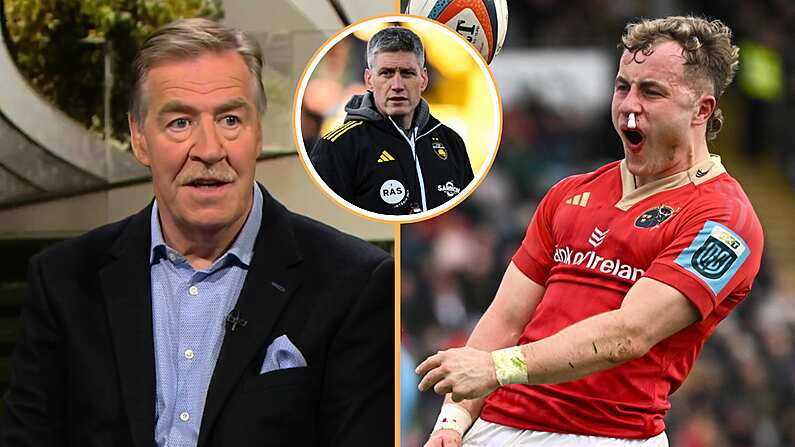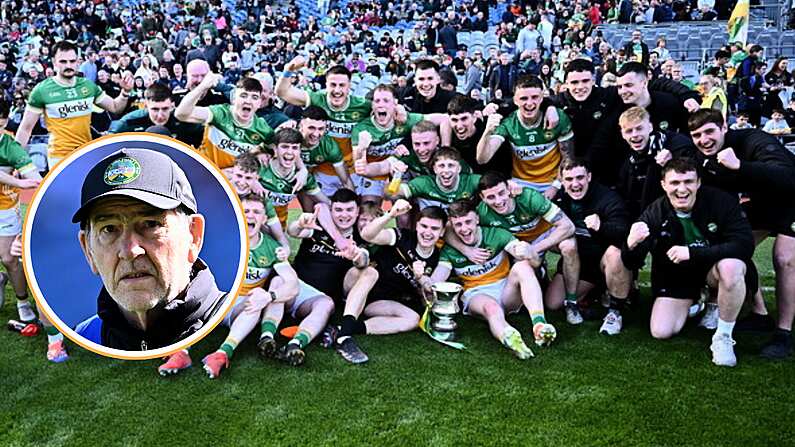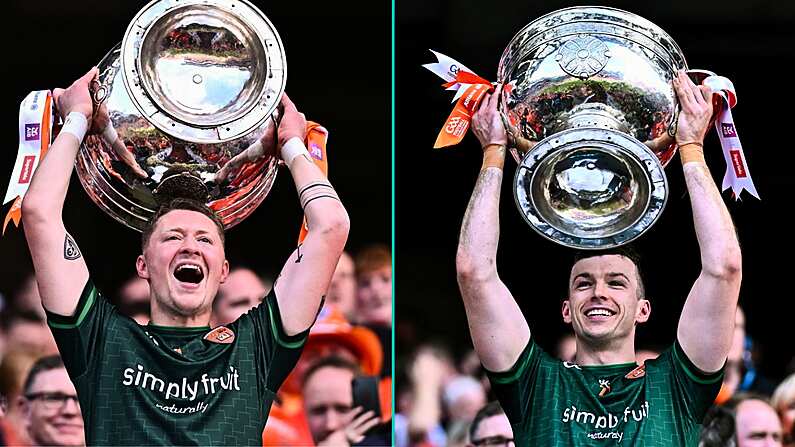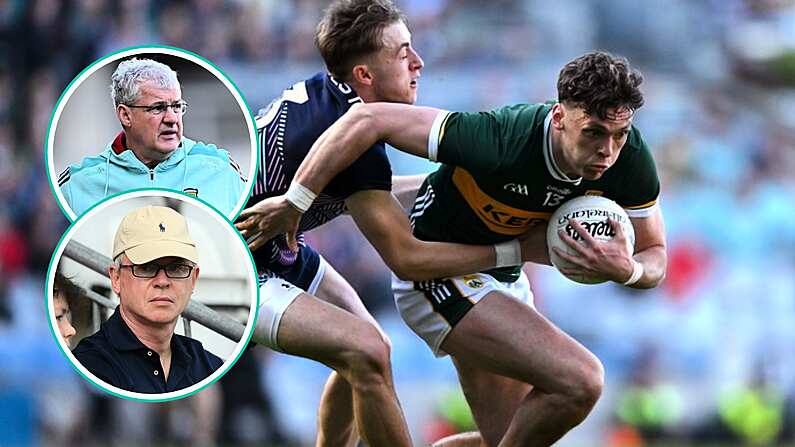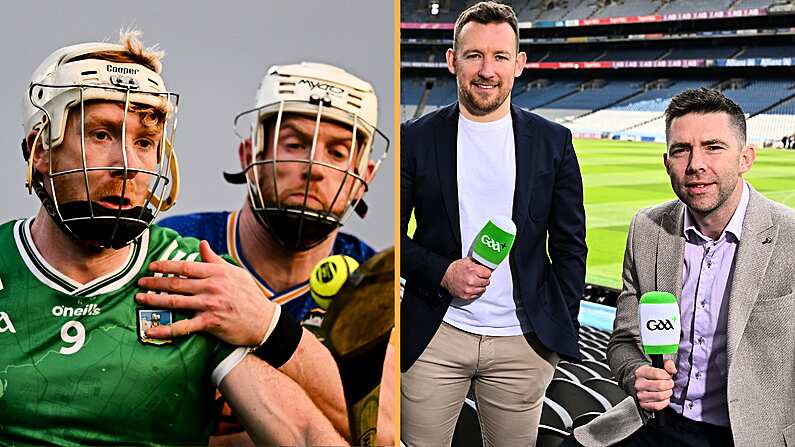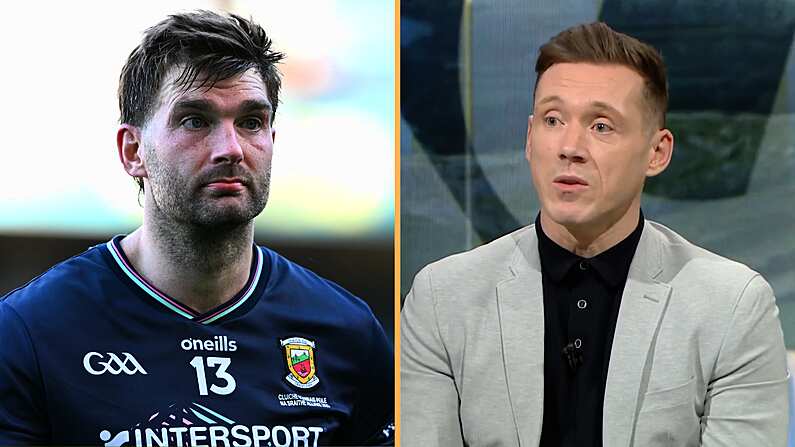While 2020 has been a challenging year for everyone - regardless if they're a sports fan or not - it's during the most difficult times that the true nature of people and communities emerge.
In this sense, AIB's documentary series The Toughest Summer has taken on a whole new dimension. At a massively difficult time for the entire country, the documentary captured the caring and conscientious heart of the GAA community.
Filmed by the award-winning documentarian Ross Whitaker, The Toughest Summer told the story of 2020 for the GAA, which, of course, saw an unprecedented postponement of the Championship until the winter.
The 50-minute documentary, which features a host of GAA people, followed the stories of TJ Reid, Michael Darragh Macauley, Catriona Cormican, Mícheál Ó Muircheartaigh, Ann Downey and many more.
Having made the brilliant Katie, The Boys In Green and more, Whitaker is a filmmaker that constantly looks to tell the human story first. Throughout his features, it appears that sport is second nature to the drama that surrounds it.
The Toughest Summer was definite proof of this but that wasn't always the case.
While the filmmaker and his team had a very specific narrative in mind before the cameras started rolling, the impact of COVID-19 changed all of that.
However, Whitaker believes that in terms of his documentary, it led him down a completely different, but equally-rewarding path.
"One of the things I always find amazing about doing documentaries is you write down these wish lists and then actually you often find stories even better than the ones you imagined. That's kind of how we started out the process of casting for want of a better word. I was talking to one of the people that was involved in this project the other day and he was saying 'you couldn't write some of the things that real people say' and that's what's so interesting about documentary."
There's one particular moment in the series that really resonated with viewers as they felt that it perfectly captured the spirit of what the GAA means to the community.
"You know you couldn't write things that David Brady said. He was one of the former GAA stars that picked up the phone and rang fans, particularly cocooning fans and just talked GAA. You come across those kinds of stories and you see the impact they've had not just on the person that has received a phone call but the person that has made the phone call and how real those interactions are. It just begins to build its own momentum there and that’s kind of across the board. So, you kind of have an idea of what you're looking for and then you start to find those stories and then people surprise you once you delve into how they feel about the whole thing."
While covid-19 has posed a huge challenge to the GAA, Whitaker believes that at its core, the organisation makes a massive contribution to the fabric of Irish society.
"I'm always positive about humanity but one of the things that's kind of special about this particular documentary is hopefully people realise and I realised to a certain extent that we have a real gem in the GAA. What would the country be without it?
"It may not be for everyone you know, and nothing is ever for everyone, but it certainly does a lot for a lot of people. That’s the big realisation, it's that in so many clubs around the country, there are those positive forces of nature that are keeping the whole community together. So, I think that's probably the biggest realisation for me from this.
Definitely, there is always great people around but there's a lot of them concentrated in the GAA and it has become the touchdown of so many communities."

